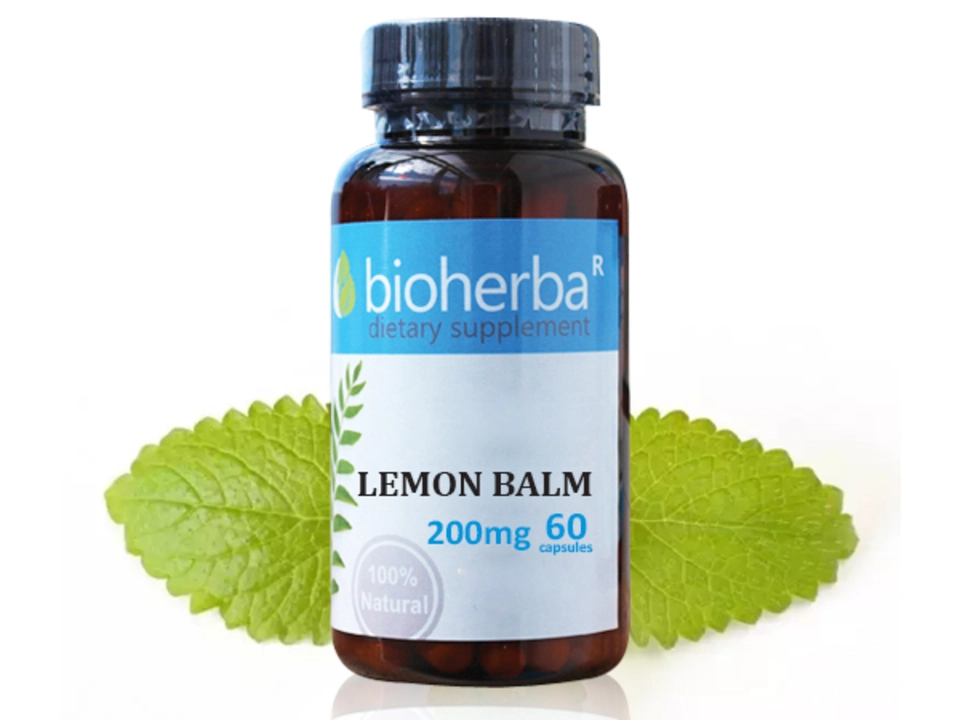Lemon Balm (Melissa officinalis) — What to Use It For and How to Use It Safely
Ever tried lemon balm tea and felt calmer? That bright, lemony herb does more than taste nice. People use lemon balm for mild anxiety, sleep support, upset stomach, and even cold sores. This page gives clear, practical advice on how to use it, safe dose ranges, and what to watch out for when buying products.
Uses and how to take it
Tea: Steep 1–2 teaspoons (about 1.5–3 g) of dried lemon balm in hot water for 5–10 minutes. Drink up to three times a day for relaxation or stomach upset. It’s gentle and often the easiest way to try the herb.
Capsules & extracts: Standardized extracts are common in supplements. Typical doses range from 300–600 mg of extract, taken once or twice daily for anxiety or sleep. Always follow the product label or ask your healthcare provider for a tailored dose.
Tincture: If you use a liquid extract, common doses are 1–2 mL up to three times daily. Tinctures work faster than tea and are easy to dose under the tongue or in water.
Topical use: For cold sores or irritated skin, creams with lemon balm (often 1–10% extract) can reduce discomfort. Apply as directed on the product label.
Safety, interactions, and practical tips
Side effects are usually mild: stomach upset, nausea, or drowsiness in some people. Because lemon balm can increase sleepiness, avoid driving or heavy machinery until you know how it affects you.
Interactions: Lemon balm may boost sedative effects of sleep medicines, benzodiazepines, or alcohol. If you take thyroid medication, check with your doctor — there are reports that lemon balm can affect thyroid function in sensitive people. Also mention all supplements to your clinician before procedures or new prescriptions.
Pregnancy and breastfeeding: There isn’t enough clear evidence to call lemon balm fully safe in pregnancy or breastfeeding. Avoid high-dose supplements and ask your provider before using it.
Buying tips: Choose reputable brands that list either the dried herb weight or standardized extract amount. Look for third-party testing (USP, NSF, or independent lab reports) and read labels for additives. Organic products reduce pesticide exposure but aren’t always necessary if the brand tests for contaminants.
Storage and quality: Keep dried herb or capsules in a cool, dark place. Fresh aroma and lemony scent are good signs for tea leaf quality. If a product smells musty or looks discolored, skip it.
Quick use cases: Brew a cup before bed for mild sleep support, take a standardized capsule for nerves before a flight, or try a cream at the first tingle of a cold sore. If symptoms persist or you have a chronic condition, get medical advice rather than relying only on herbs.
If you want product suggestions or studies about lemon balm, I can point to specific sources and brands that test their supplements. Want help finding a quality lemon balm tea or extract?
 12 May 2023
12 May 2023
I recently discovered lemon balm, a natural dietary supplement that has been a game changer for my focus and mental clarity. This amazing herb not only helps reduce stress and anxiety, but also improves cognitive function and memory. I've started incorporating it into my daily routine and have noticed a significant difference in my ability to concentrate and stay sharp throughout the day. If you're looking for a natural way to boost your mental performance, I highly recommend giving lemon balm a try. You might be surprised by the results!
View More

